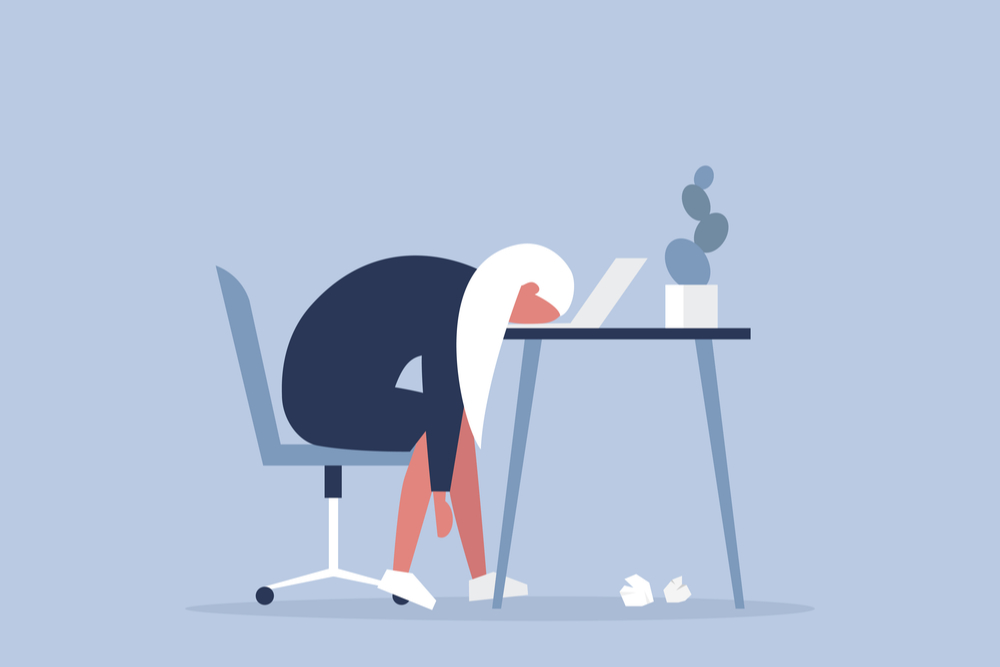Millennials are bringing mental health to the forefront in the workplace.
About half of millennials and 75% of Gen Zers have left a job because of mental health reasons, a study conducted by Mind Share Partners, SAP, and Qualtrics and published in the Harvard Business Review found. The study, which looked at mental-health challenges and stigmas in the US workplace, polled 1,500 respondents ages 16 and older working full time.
That was significantly higher than the overall percentage of respondents who said they had left a job for mental-health reasons, 20%. This indicates a “generational shift in awareness,” said the authors of the report, Kelly Greenwood, Vivek Bapat, and Mike Maughan.
That shift is no surprise, considering that millennials have also become known as “the therapy generation.” They’re cognizant about their mental health and helping to destigmatize therapy, Peggy Drexler wrote in a March essay for The Wall Street Journal.
Millennials, she said, see therapy as a form of self-improvement — and they also suffer from a desire to be perfect, leading them to seek help when they feel they haven’t met their expectations.
But their inclination toward therapy also highlights some of the biggest problems plaguing the generation.
Depression and ‘deaths of despair’ are becoming more common among millennials
Depression is on the rise among millennials, who have seen a 47% increase in major-depression diagnoses since 2013, a 2018 Blue Cross Blue Shield report said. And a follow-up Blue Cross Blue Shield study in April found that millennials were less healthy than Gen Xers were at their age and were more likely to be less healthy as they age.
More millennials are also dying “deaths of despair,” or deaths related to drugs, alcohol, and suicide, Jamie Ducharme reported for Time in June, citing a report by the public-health groups Trust for America’s Health and Well Being Trust. While these deaths have increased across all ages in the past 10 years, they’ve increased the most among younger Americans, Ducharme said.
They accounted for the deaths of about 36,000 American millennials in 2017 alone, the report said. Drug overdoses were the most common cause of death.
There are a few reasons behind the uptick, one of which is that young adults are more inclined to engage in risk-taking behaviors. However, the report also identified other structural factors at play, namely the many financial problems millennials are facing: student-loan debt, healthcare, childcare, and an expensive housing market.
These four costs are part of the Great American Affordability Crisis plaguing millennials and putting them financially behind.
This article was originally published on Business Insider.
More from Business Insider:
Follow us here and subscribe here for all the latest news on how you can keep Thriving.
Stay up to date or catch-up on all our podcasts with Arianna Huffington here.


